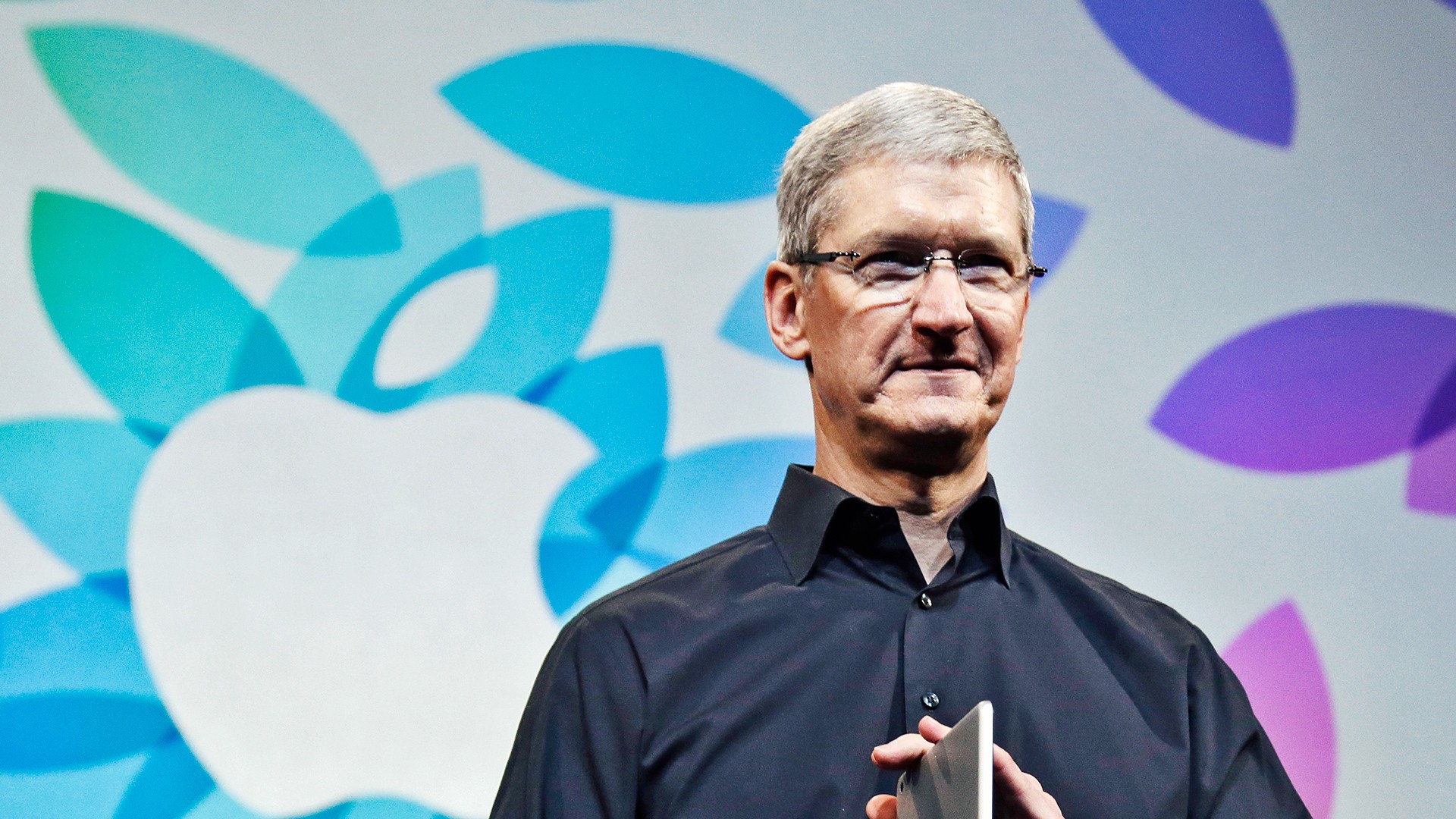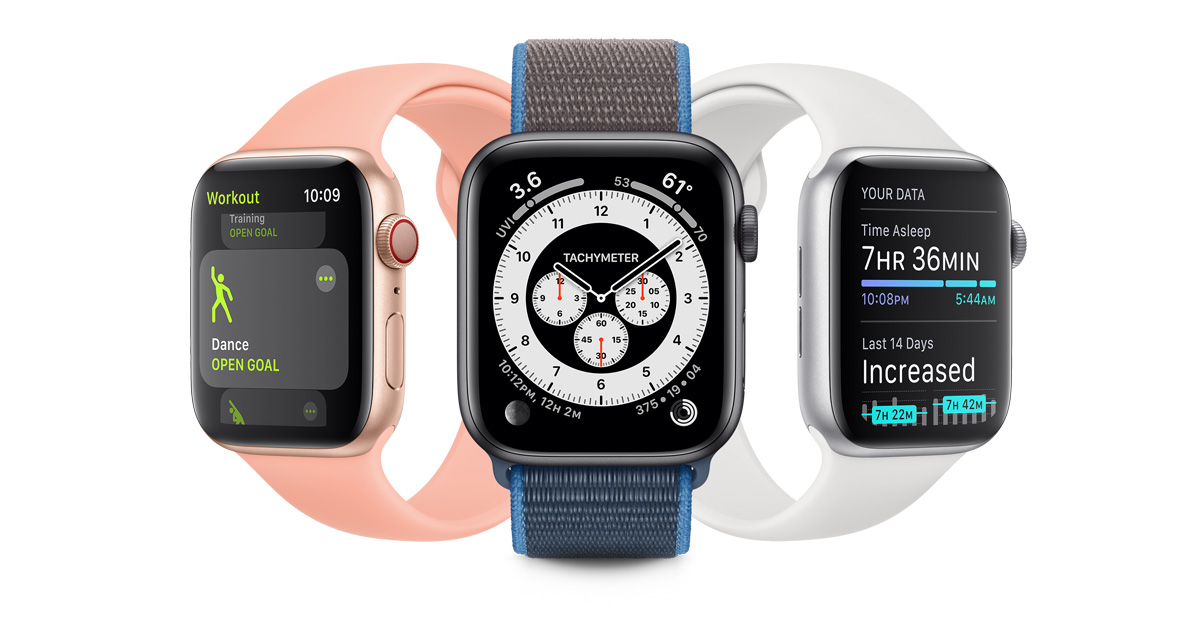A recent filing with the Securities Exchange Commission (SEC), which regulates the capital markets in the United States, shows that Apple CEO Tim Cook has sold 600,000 of his shares in Apple Inc.
While some analysts have speculated heavily about Mr. Cook’s reasons for the sale, it is a known fact that he wants to give away most of his money to charities during his lifetime. In an interview with Fortune last year, he said he has “already begun donating money quietly, but that he plans to take time to develop a systematic approach to philanthropy rather than simply writing checks.”
Under normal circumstances, a CEO selling such a large stake in the company would send investors into a state of panic. That’s a logical response because it could be an indication that he’s on his way out and wants to run with the money before something bad happens to the stock.
In Cook’s case, however, there’s nothing of the sort. In what was a voluntary decision, Cook decided that his own salary would be linked to the company’s performance. As such, a portion of his salary is awarded in the form of shares. So the 600k shares that he sold is merely a simple question of a man spending his own salary. Nothing sinister there.
What Does it Mean When a CEO Sells Their Shares?
But there have been other cases in the past where company executives have dumped their stakes prior to a major crisis. Something along the lines of rats leaving a sinking ship comes to mind at times like that. For example, there was a big controversy around Enron executives allegedly dumping their shares prior to the company’s financial troubles going public.
CEOs selling their stake, however, is not a sign of trouble per se. For instance, if the company’s performance is strong, it might just be a question of liquidating some assets. Most CEOs today are rewarded partially on the performance of their companies, and those rewards are often in the form of stock options. These options are generally “vested” for a period of time before employees can actually buy the stock. However, there is what is known as a strike price at the time of vestment.
Let’s use a random example. If I were the CEO of a company that was given an employee stock option (ESO) at a strike price of $30 per share, I would be able to buy a fixed number of shares after the vesting period was over. At that time, I will only pay $30 a share even if the share price has gone up to $50. I am also allowed to immediately liquidate that asset towards my compensation. So if I’m given an ESO for 1 million shares at a strike price of $30 three years from now and that option vests in 2019, I can buy those shares in 2019 at the $30 that was set at the time of the ESO. If the shares are worth $50 in 2019 and I sell all of them immediately, the difference – also called “spread” – of $20 times 1 million shares would be my compensation.
This is how the system works, so there’s really no need to panic under such circumstance, especially with the way Apple’s stock has been performing lately.
What I have given is merely an overview of how things work with stock options. There are so many nuances to this that we don’t have space for. Suffice it to know that Apple is not in trouble, and Tim Cook is merely exercising his right to be compensated for being at the helm of Apple for five years.
Thanks for reading our work! If you’re reading this on Apple News, please favorite the 1RedDrop channel (next to our logo) to add us to your news feed, or Like our page on Facebook. Please bookmark our site for more insightful articles on current and future technologies that are changing our lives.



